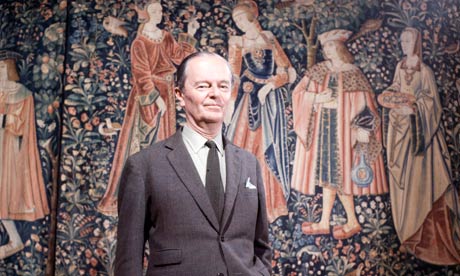Kenneth Clark may have been clueless about the fact that race matters. Yet, that our rot goes much deeper than what white nationalists realize is all too obvious once we leave, for a while, the ghetto of nationalism and take a look at the classics, just as Clark showed us through his 1969 TV series Civilisation.
Compared to the other famous series, Clark’s was unsurpassed in the sense that, as I have implied elsewhere, only genuine art—not science—has a chance to fulfill David Lane’s fourteen words.
 By “art” I mean an evolved sense of beauty which is almost completely absent in today’s nationalists. Most of them are quite a product of Jewish modernity whether with their music, lifestyles or Hollywood tastes, to a much greater degree than what they think. For nationalism to succeed an evolved sense of female beauty has to be the starting point to see the divine nature of the white race. In Clark’s own words, “For all these reasons I think it is permissible to associate the cult of ideal love with the ravishing beauty and delicacy that one finds in the madonnas of the thirteenth century. Were there ever more delicate creatures than the ladies on Gothic ivories? How gross, compared to them, are the great beauties of other woman-worshiping epochs.”
By “art” I mean an evolved sense of beauty which is almost completely absent in today’s nationalists. Most of them are quite a product of Jewish modernity whether with their music, lifestyles or Hollywood tastes, to a much greater degree than what they think. For nationalism to succeed an evolved sense of female beauty has to be the starting point to see the divine nature of the white race. In Clark’s own words, “For all these reasons I think it is permissible to associate the cult of ideal love with the ravishing beauty and delicacy that one finds in the madonnas of the thirteenth century. Were there ever more delicate creatures than the ladies on Gothic ivories? How gross, compared to them, are the great beauties of other woman-worshiping epochs.”
Below, links to excerpts of most of the chapters of the 1969 series, where Clark followed the ups and downs of our civilisation historically: